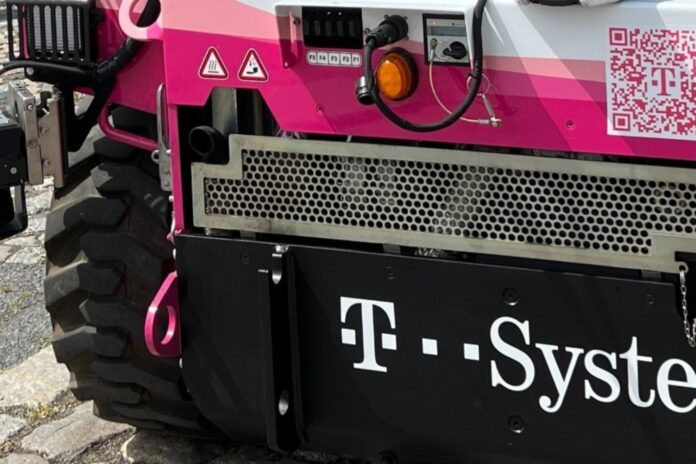Berlin network will test the potential of Open RAN private networks in industrial scenarios
The CampusDynA consortium, comprising German industry leaders Gestalt Robotics, T-Systems, OSRAM and Fraunhofer has begun building a 5G private or campus network at the Werner-von-Siemens Center for Industry and Science in Berlin Spandau.
The consortium is exploring the potential of Open RAN private networks in industrial applications, including autonomous mobile robotics and optimisation of energy use in production plants. The network is scheduled to go into operation at the end of 2023.
IS-Wireless will supply the RAN components for the network and the near-RT RAN Intelligent Controller with xApps, ensuring the necessary network performance needed to support connected and autonomous mobile robots. Benetel will supply the radio modules.
Testing three industrial applications
The consortium will focus on three industrial applications. The first looks at new edge-controlled driverless transport systems, with large bandwidth requirement, can provide campus-wide capacity for automated guided vehicles without blocking spectrum for neighbouring users. Today this can only be achieved through costly over-provisioning and consequently, is not very useful in flexible production environments.
The second scenario will focus on monitoring decentralised large energy consumers in real time in a production facility and optimising their energy use, so that production losses due to energy poverty can’t happen. The German Government wants large energy customers to contribute more to grid stabilisation, which means that the maximum (peak) power that can be called up can be planned for ever shorter periods of time. This usage also moves around a private network when flexible production is deployed.
The third application builds on the other two but expands them around third-party availability. This includes things like making communications infrastructure available to emergency services during a major incident – network resources that would otherwise remain largely unused.
“With the test field…we have the opportunity at an early stage to practically test the latest technology trends such as Open RAN based campus network in interaction with our robotics platform ‘Autonomous Logistics’ and demonstrate them to our customers at the point of value creation,” said T-Systems product owner autonomous logistics Lutz Schneider.
“A stable private 5G network creates the basis for novel edge-controlled AMRs that communicate with our NavigateSYS software,” said Gestalt Robotics managing director Jens Lambrecht. “Our primary goal in the research project is to achieve an optimal allocation of capacity in the network and thereby use the bandwidth more efficiently.”
“We are happy to deliver private 5G based on our latest technology. The fact that we were selected among tough competition indicates a good direction we took with our product development,” said IS-Wireless founder and CEO Slawomir Pietrzyk.
Wider private 5G industrial initiatives
The CampusDynA project is funded by the Federal Ministry of Economics and Climate Protection in the Campus Networks program, based on 5G as a satellite initiative for the CampusOS flagship project.
CampusOS is supplemented by six satellite projects looking at industry-specific solutions for 5G campus networks in: intelligent clinic, disaster relief and fire department, industry, logistics and robotics, as well as shipyards and shipbuilding. At the end of each project, there is a component catalogue and blueprints for various operator models for every application of a 5G campus network.
The private networks are tested in various field trials by CampusOS’s industrial partners under real working conditions. For example, Bosch is testing connected mobility in Hildesheim and STILL is testing low-latency and resilient vehicle control in Hamburg. In the construction industry, Topcon is monitoring construction sites in real time and connecting all sensors and construction machines in use.


